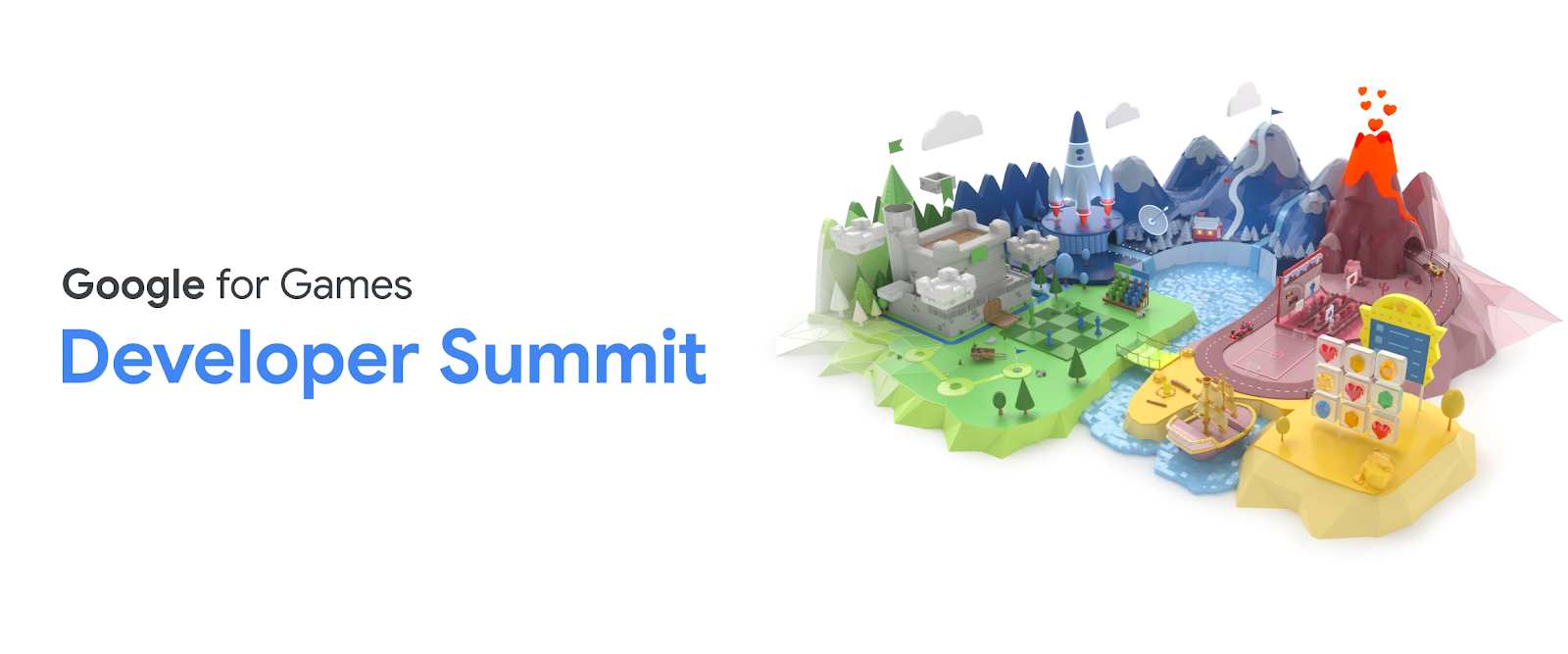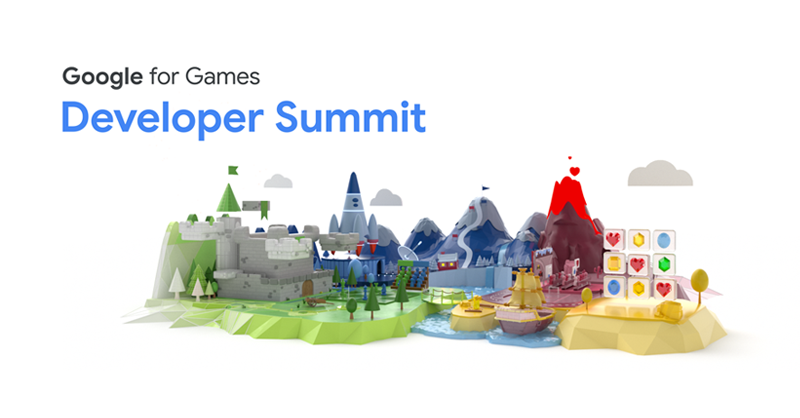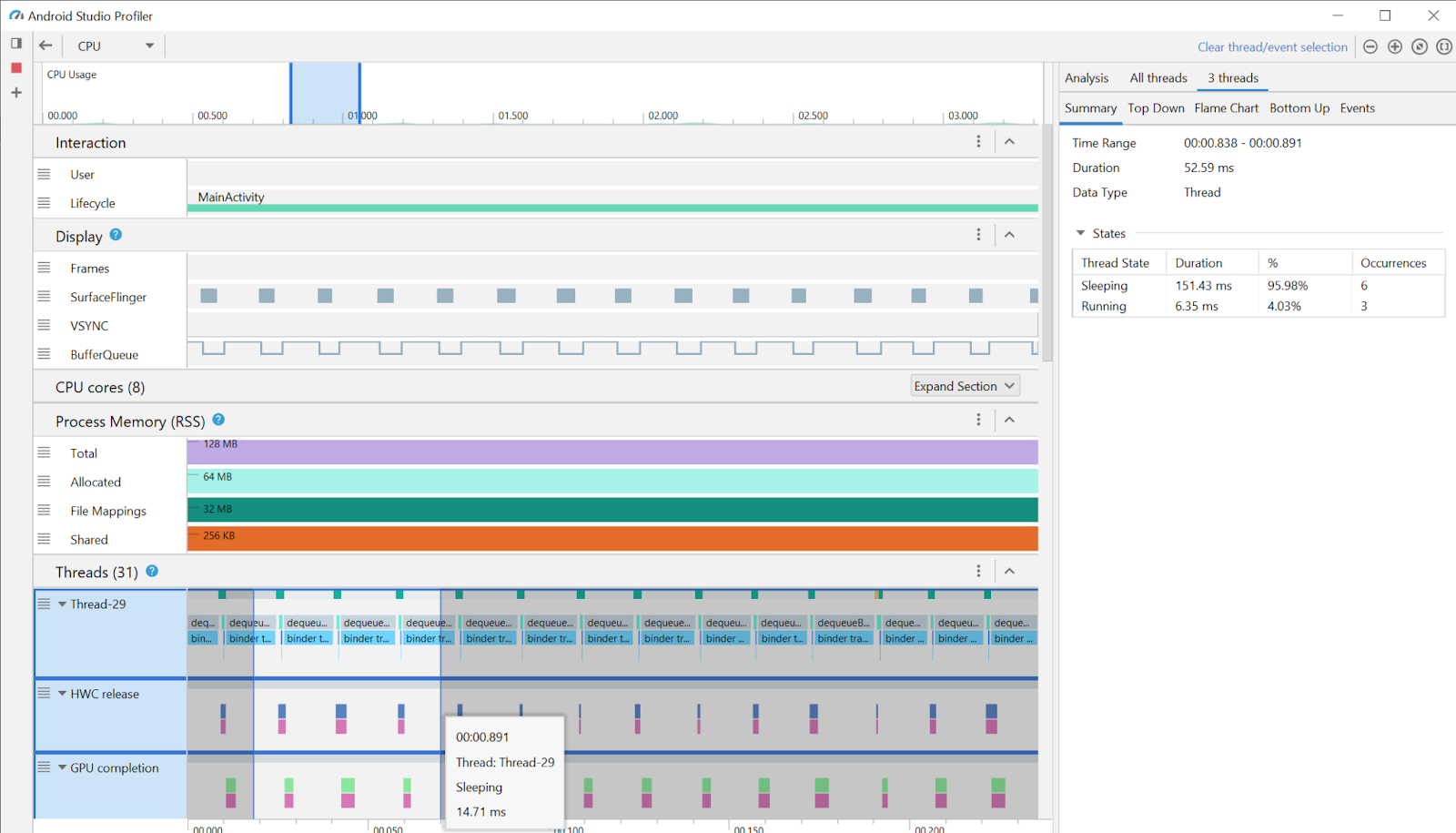Posted by Greg Hartrell, Product Director, Games on Play/Android

Over the years, we’ve seen that apps and games are not just experiences - they’re businesses - led by talented people like yourselves. So it's our goal to continue supporting your businesses to reach even greater potential. At our recent Google for Games Developer Summit, we shared how teams across Google have been continuing to build the next generation of services, tools and features to help you create and monetize high quality experiences, more programs tailored to your needs, and more educational resources with best practices.
We want to help you throughout the game development lifecycle, by making it easier to develop high quality games and deliver these great experiences to growing audiences and devices.
Easier to bring your game to more screens
To enable games on new screens and devices, we want to help you meet players where they are, giving them the convenience of playing games wherever they choose.
- Gameplay across tablets, foldables, and Chromebooks is on the rise and offers the opportunity to be more engaging and immersive than ever before. In 2021, Android usage on CrOS grew 50% versus the previous year, led by games.
- Google Play Games for PC Beta rolled out in January to South Korea, Taiwan, and Hong Kong. This standalone Windows PC application built by Google, allows users to play a high quality catalog of Google Play games seamlessly across their mobile phone, tablet, Chromebook, or (now) their Windows PC. Learn more and start to optimize your game for more screens today.
- Play as you download beta program was announced last year and we will soon open it up to all Android 12 users. PAYD allows users to get into gameplay in seconds while game assets are downloaded in the background. and can happen with minimal developer changes to your underlying implementation. Sign up for the beta.
Easier to develop high quality games
We’re committed to supporting you build high quality Android games, by continuing to focus on tools and SDKs that simplify development and provide insights about your game, while also partnering with game engines, including homegrown native c/c++ engines. Last year, we released the Android Game Development Kit (AGDK), a set of tools and libraries to help make Android Game Development more efficient, and have made several updates based on developer feedback.
- Android Game Development Extension allows game developers to build directly for Android from within Visual Studio. To make debugging easier across Java and C, AGDE will now include cross compatibility between Android Studio and Visual Studio so you can open and edit your AGDE projects in Android Studio’s debugger.
- The new Memory Advice API (Beta) library added to AGDK helps developers understand their memory consumption by combining the best signals for a given device to determine how close the device is to a low memory kill.
- We’ve fully launched the Android GPU Inspector Frame Profiler to help you understand when your game is bottlenecked on the GPU vs. CPU, and achieve better frame rates and battery life.
More tools to help you succeed on Google Play
The Play Console is an invaluable resource to help in your game lifecycle, with tools and insights to assist before and after launch.
- We continue to invest in programs to help developers of all sizes grow their businesses with Google Play. For our largest developers, we launched the Google Play Partner Program for Games, offering additional growth tools and premier services, tailored for the unique needs of developers at this scale.
- Reach and devices helps you make foundational decisions about what devices to build for, where to launch and what to test, both pre-launch and post-launch. It already shows your install and issue distributions across a range of device attributes. Today, we’re launching Google Play revenue and revenue growth distributions for your game and its peers, so you can build revenue-based business cases for troubleshooting or device targeting, if that suits your business model better than using installs.
- We recently launched Strategic guidance in Console, which provides an intuitive way to help you evaluate how well your game is monetizing, and see opportunities to grow revenue. You can think of Reach & devices as helping you to understand revenue opportunities from a technical perspective; strategic guidance does the same from a business perspective, so you can use them together to provide a holistic picture of your IAP revenue drivers.
- Android vitals is your destination to monitor and improve your game’s stability on Google Play. For those of you who have games with global presence, we’ve just launched country breakdowns and filters for Vitals metrics, so it’s easier for you to prioritize and troubleshoot stability issues. In addition, today we’re launching the Developer Reporting API which gives you programmatic access to your core Android vitals metrics and issue data, including crash and ANR rates, clusters, and stack traces.
Learn more about everything we shared at the Google for Games Developer Summit and by visiting g.co/android/games for additional resources and documentation. We remain committed to supporting the developer ecosystem and greatly appreciate your continued feedback and investment in creating high quality game experiences for players around the world.


 Posted by Lily Rapaport, Product Manager
Posted by Lily Rapaport, Product Manager
